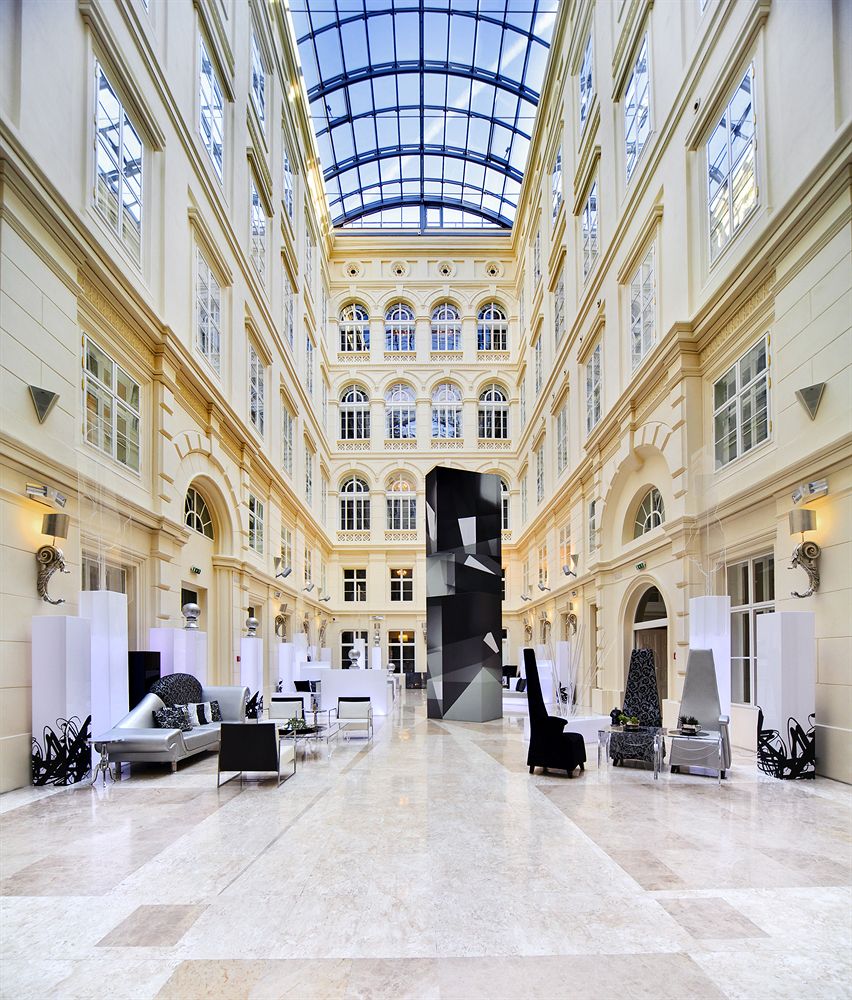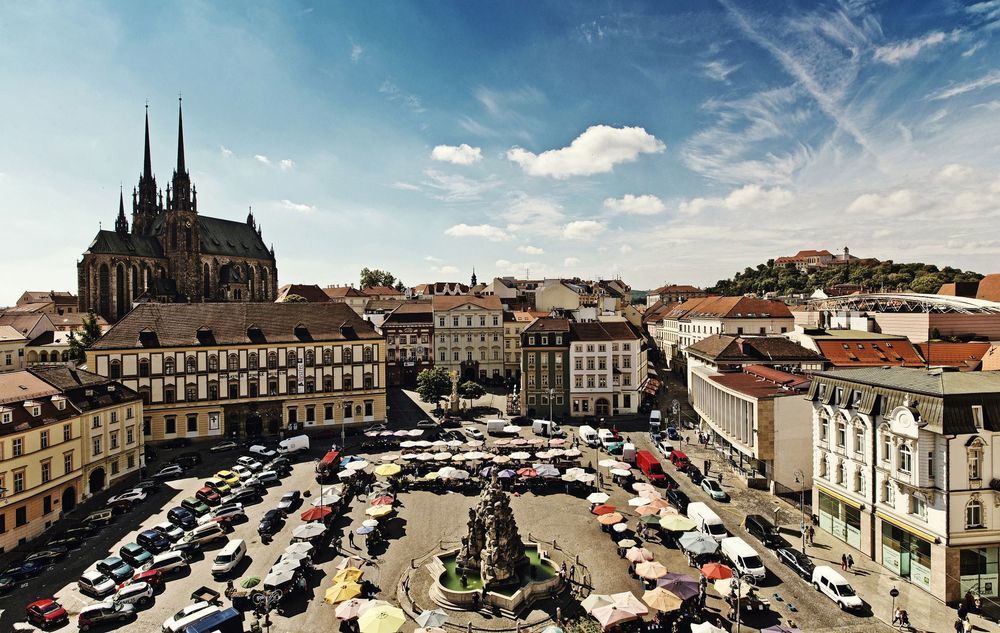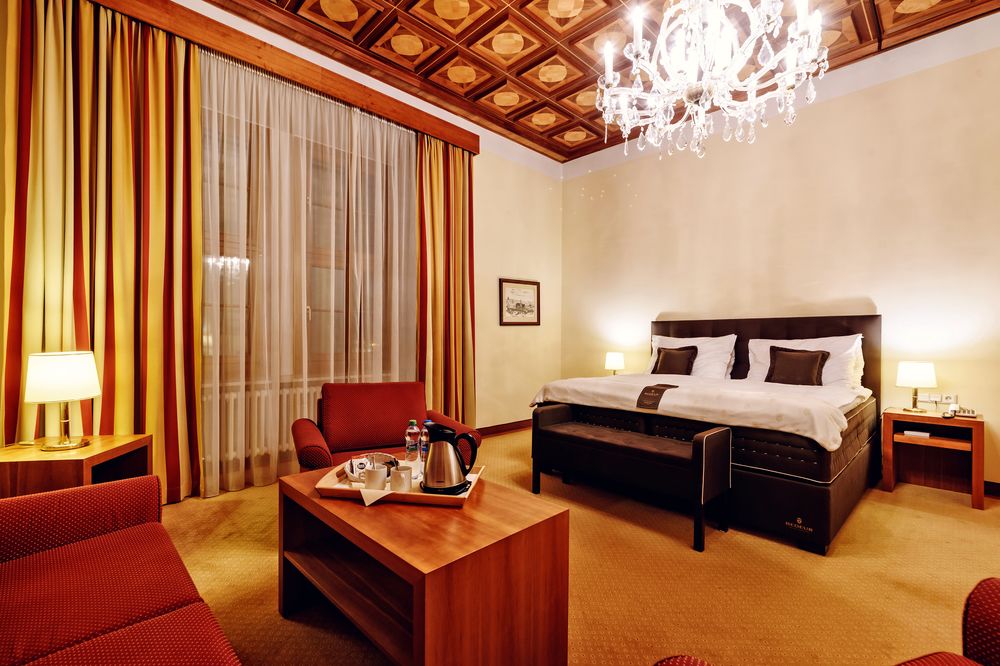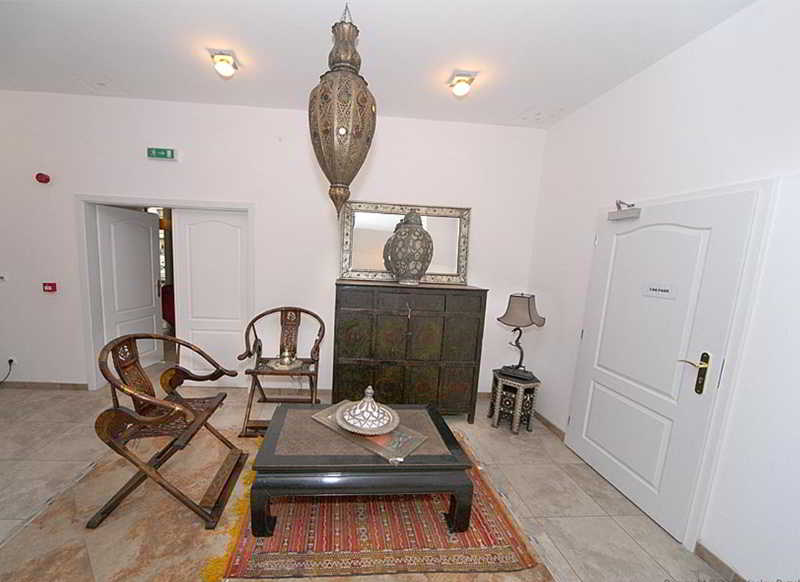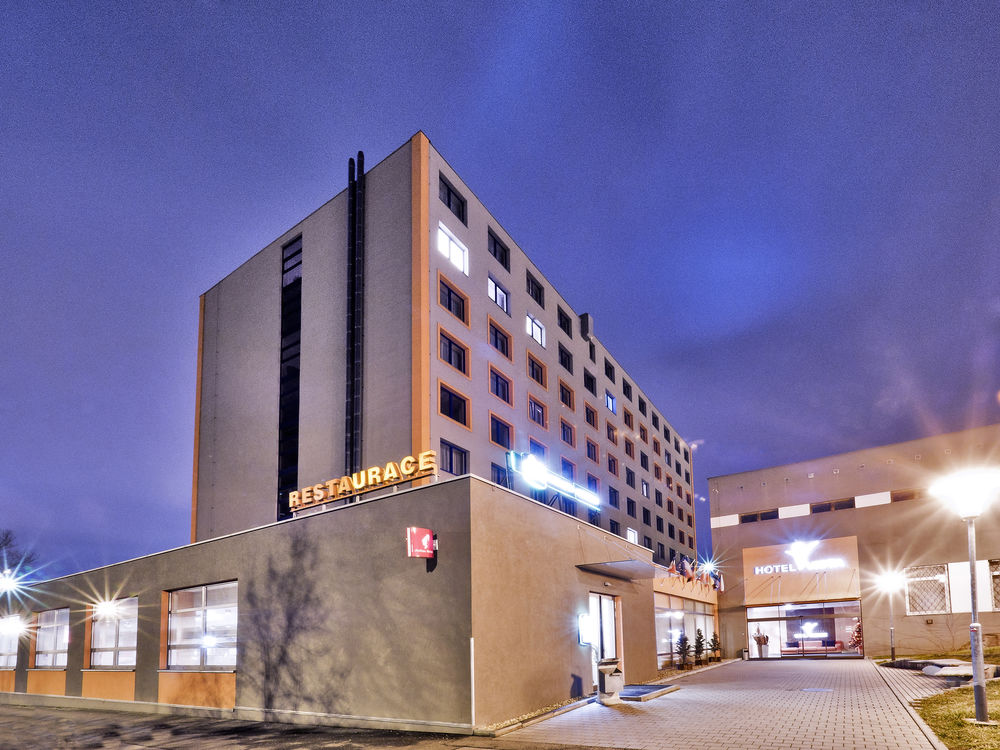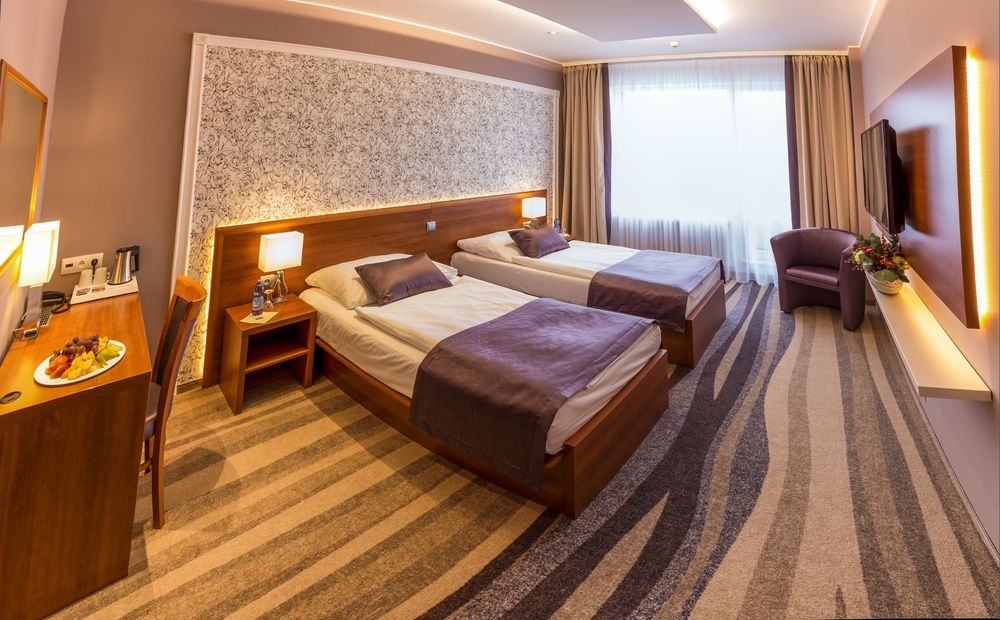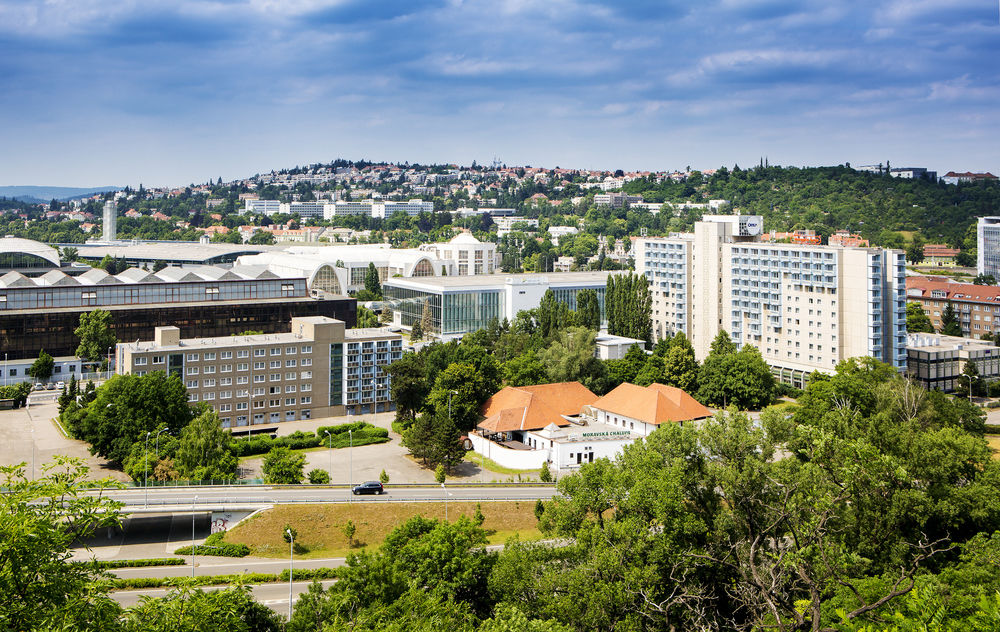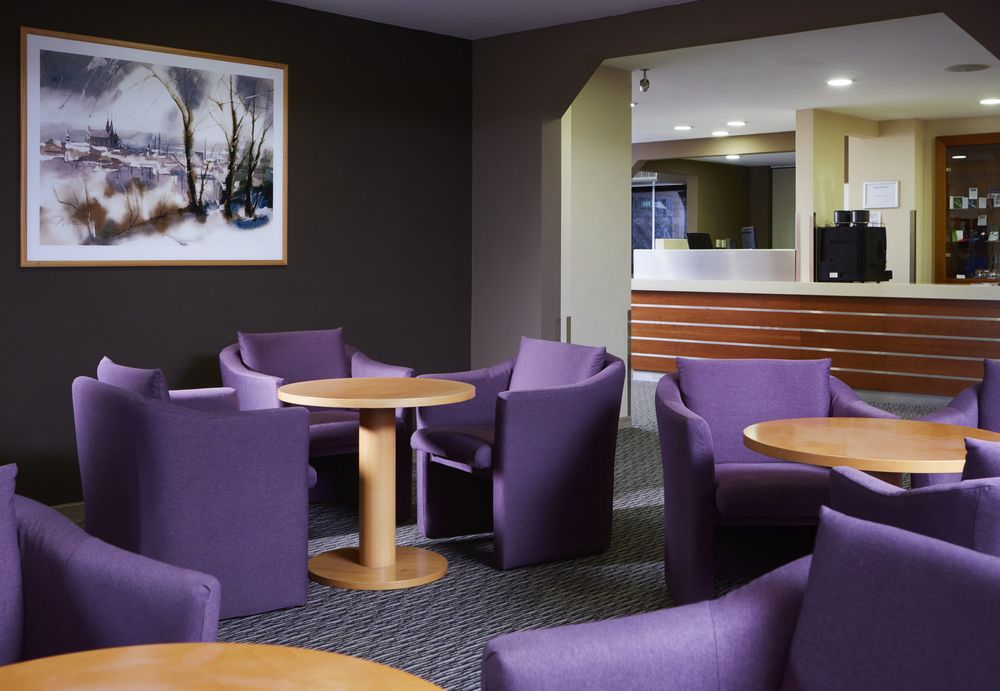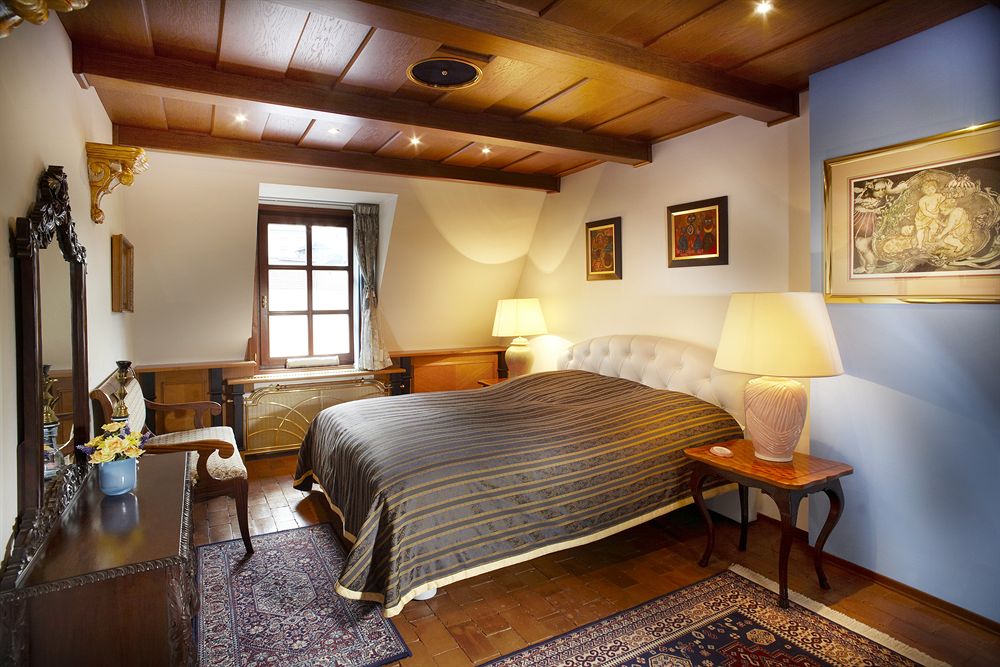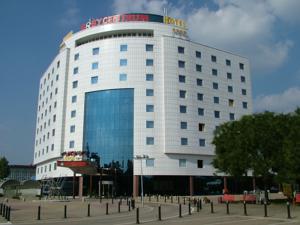ブルノホテル検索結果
AIが見つけた軒のホテルの最安値をご覧ください。
ベストホテル
最安値のホテル
ホテル等級
AIおすすめ
ブルノベストホテル
ブルノ 最低価格のホテル
最高評価のホテル
ブルノにある5つ星ホテル
ブルノにある4つ星ホテル
ブルノにある3つ星ホテル
AIがおすすめする世界の旅行先
ブルノ近くのホテル情報
ブルノ 旅行に欠かせない情報
Brno ( BUR-noh; Czech: [ˈbr̩no] ( listen); German: Brünn [bʁʏn]) is the second largest city in the Czech Republic by population and area, the largest Moravian city, and the historical capital city of the Margraviate of Moravia. Brno is the administrative center of the South Moravian Region in which it forms a separate district (Brno-City District). The city lies at the confluence of the Svitava and Svratka rivers and has about 400,000 inhabitants; its greater metropolitan area is home to more than 800,000 people while its larger urban zone had a population of about 730,000 in 2004.Brno is the seat of judicial authority of the Czech Republic – it is the seat of the Constitutional Court, the Supreme Court, the Supreme Administrative Court, and the Supreme Public Prosecutor's Office. The city is also a significant administrative centre. It is the seat of a number of state authorities, including the Ombudsman, and the Office for the Protection of Competition. Brno is also an important centre of higher education, with 33 faculties belonging to 13 institutes of higher learning and about 89,000 students.Brno Exhibition Centre ranks among the largest exhibition centres in Europe (23rd in the world). The complex opened in 1928 and established the tradition of large exhibitions and trade fairs held in Brno. Brno hosts motorbike and other races on the Masaryk Circuit, a tradition established in 1930, in which the Road Racing World Championship Grand Prix is one of the most prestigious races. Another cultural tradition is an international fireworks competition, Ignis Brunensis, that usually attracts tens of thousands of daily visitors.The most visited sights of the city include the Špilberk castle and fortress and the Cathedral of Saints Peter and Paul on Petrov hill, two medieval buildings that dominate the cityscape and are often depicted as its traditional symbols. The other large preserved castle near the city is Veveří Castle by Brno Reservoir. This castle is the site of a
 時間 UTC+02
時間 UTC+02 通貨 CZK
通貨 CZK 言語 Czech
言語 CzechStaypiaだけの特別な特典
リアルタイムホテル最安値比較
AIが見つけたin ブルノの軒のホテルのリアルタイム最安値を簡単に比較検索できます。
316万軒のホテルを最安値で予約
最低価格に最大31%追加メンバーシップ割引でさらにお得にご予約いただけます。
自分だけの
AIがリアルタイムで更新するブルノ旅行情報で便利に旅行を準備しましょう。
よくある質問
ブルノで最も人気のある5つ星ホテルはBarcelo Brno Palaceです。 ブルノ 評価順にホテルを見る
一般的なホテルの場合、客室予約はキャンセル締切日前まで無料返金が可能です。キャンセル締切日以降は手数料が発生する場合がありますので、ホテルバウチャーまたはメニュー>マイ予約でキャンセル締切日をご確認ください。
ステピアでは、AIが収集した316万件のホテルの最安値はもちろん、会員限定の追加割引価格で人気ホテルを予約することができます。
